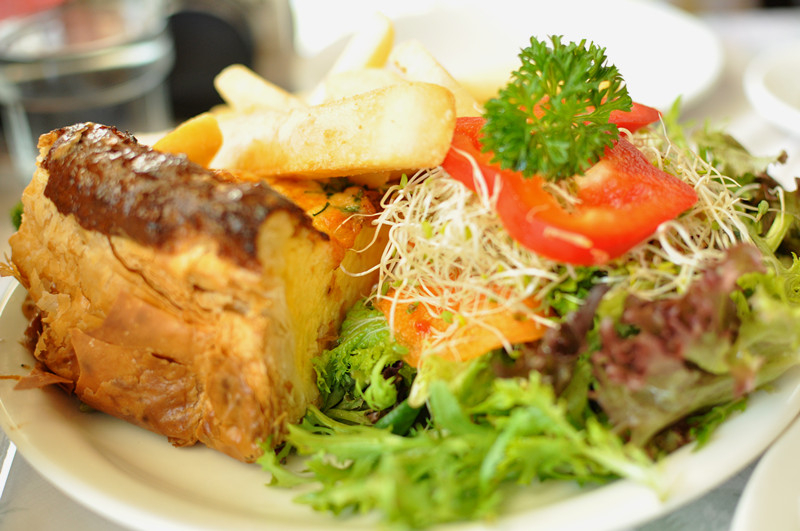The smell of a rich dessert can make your mouthwater. But can an extra helping of its smell help you eat less?

And when subjects smelled a stronger custard aroma, they took smaller samples than when the scent was weaker or imperceptible. The findings are in the journal Flavour. [Rene de Wijk et al., "Food Aroma Affects Bite Size," link to come.]











